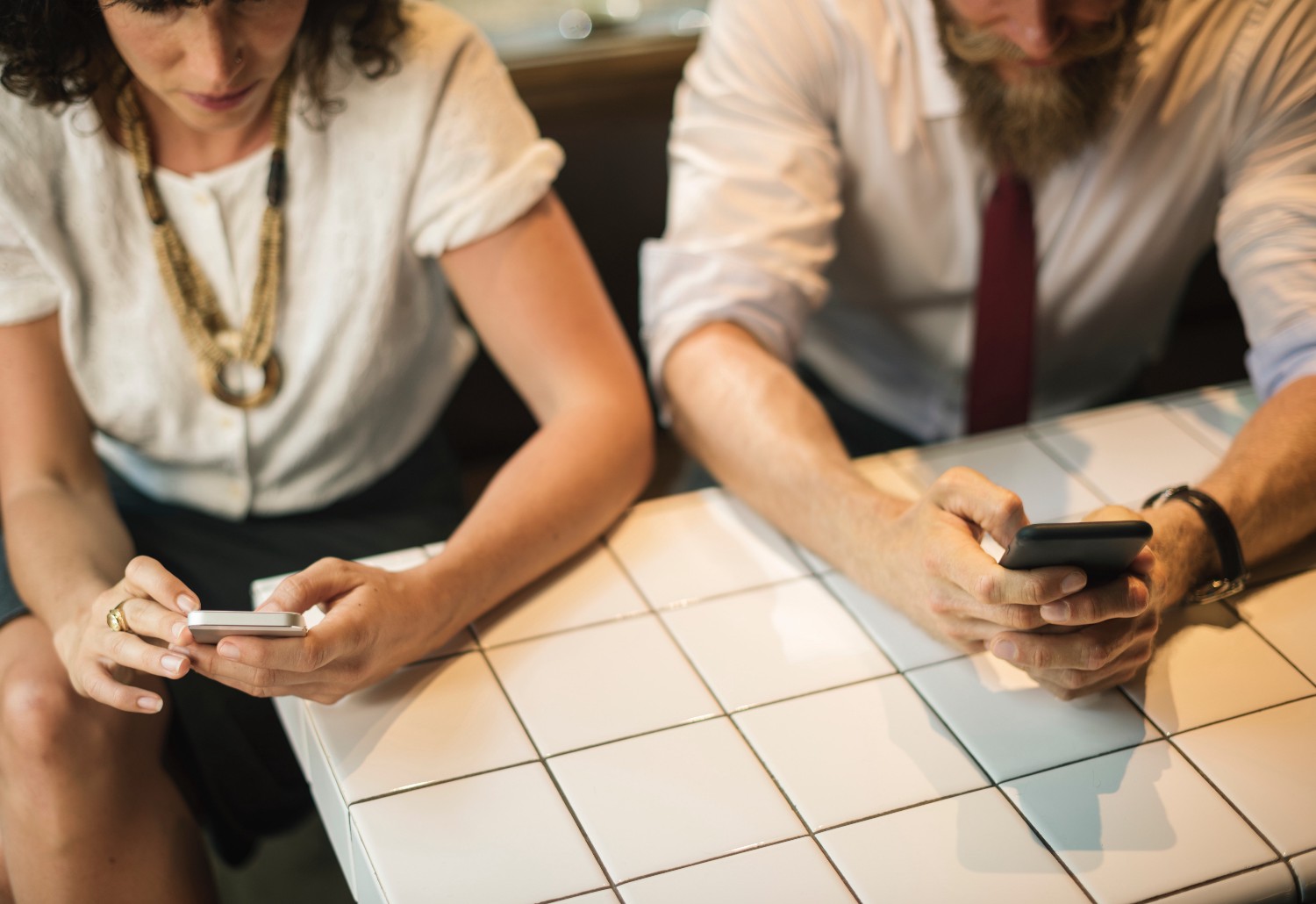It’s now been seven days since I broke up with my phone.
OK, maybe it’s not a complete break up, but at least I’ve kicked it out of my bedroom. Our relationship was starting to get a little toxic. My phone wanted attention constantly, and when it didn’t, I wanted it to want my attention.
It wasn’t healthy. Its piercing glare at night made it hard for me to fall asleep, and when I woke up, there it was again, insisting I look at it immediately.
So last week, when I was at the 2018 Qualtrics X4 Summit and heard Arianna Huffington speak about the benefits of putting limits on one’s smartphone use, the consumer in me was inspired to take action. Until the next day, that is, when I listened to Wall Street Journal bestselling author Nir Eyal talk about how to build habit-forming phone apps. And that’s when the Growth Manager (my day job at Flipboard) started to lean in.
My life is complicated. I want to do the right thing — both for me, and for you.
Let’s start with what I learned from Huffington.
Her story is well known to anyone who worries about burnout and always-on, never-a-break information overload. Too much work and not enough leave-me-alone time led Huffington to collapse on the floor of her home in 2007. It was the catalyst that led her to leave the company she founded, Huffington Post, and start a new one, Thrive Global, whose mission is to end the modern-day epidemic of busyness, stress and burnout.
Constantly looking at one’s phone means never giving one’s brain a rest. The hits of dopamine and cortisol from the next email or push alert ensures that your stress level is peaking all day and night. Anderson Cooper learned that lesson all too well on “60 Minutes” last year: It turned out that getting a text message and not looking at it is its own special circle of hell.
At the conference, Huffington offered two tips to immediately reduce phone dependency:
- Make a clear transition to sleep: Declare an end to the day when you turn off all devices. Huffington said she’s actually created a little bed — outside the bedroom — where she tucks in all her devices to be recharged. They recharge while she does.
- Wake up with purpose: Take one minute to mentally set the intention for the day the moment you wake up. What do you want to get out of the day? (Not what your email and push alerts want to get out of you today.) And then, before you get out of bed, remember something you’re grateful for. Only then is it safe to fire up your devices.
OK! I had a plan for myself.
But the next day at the conference, I attended Eyal’s workshop, “Hooked: How to Build Habit-Forming Products,” and I felt the Growth Manager in me start to eye the Consumer in me like a lion pondering a tethered goat.
Eyal’s book is gospel among growth professionals like me. He talks about how we can better understand the human psyche to engineer “triggers” in smartphone apps to command the user’s attention. Feeling bored? News alert! Losing focus in the game?
“Congrats! You’ve won five gold coins. Play one more level to unlock the next prize!”
Here’s a little chime to get those endorphins pumping, and a haptic shudder to make you bond with your phone like it’s a newborn. This is manipulation at the most sophisticated level.
Working on growth at Flipboard, I’m conflicted.
On the one hand, I want you to spend quality time on Flipboard. On the other hand, I would hate to think our feed quality (or alerts) are the reason you can’t put your phone down at night to spend time with your family and friends.
After the workshop, I spoke with Eyal to get his take. He argued that while we growth professionals might well try to manipulate users, let’s not get too full of ourselves:
People are smart enough to sort out the good from the bad. Besides, he said, what they put on their phones is ultimately their own responsibility.
There are even apps that can assist them in making good choices. (I recognize the irony in solving the problem by downloading more apps.) For example, one of my co-workers swears by Headspace and says it has helped him reduce his stress level. Huffington’s new app, Thrive, helps you monitor your mobile use and automatically shuts off access to the apps you choose after a designated time limit.
That doesn’t give us a free pass here at Flipboard.
We still try to do the right thing: We want you to use our app, of course, but we want every engagement to be meaningful, and within the context of your life. We want to inspire you for your next vacation or DIY project. We want to stoke your curiosity. And we want you to be informed so you can make good decisions in your life.
As for myself, heading into Week 2 of reduced phone use, my evenings and mornings are already much better and calmer. I’ve removed apps that increased my stress level and put me in a bad mood. Yes, I’ve deleted Facebook and turned off notifications for many apps. I’ve put my phone on Airplane Mode for certain hours of the day.
I still have the urge to check my phone, but it’s waning as the days go by. Instead, I pay attention to my family. And my mountain bike. And my sense of gratitude.
For the first time in a while, I feel in control. Eyal could be right, I can sort out the riff-raff, I’m the boss! Now, I’m left with what made my phone so smart in the first place.
Originally published at medium.com


